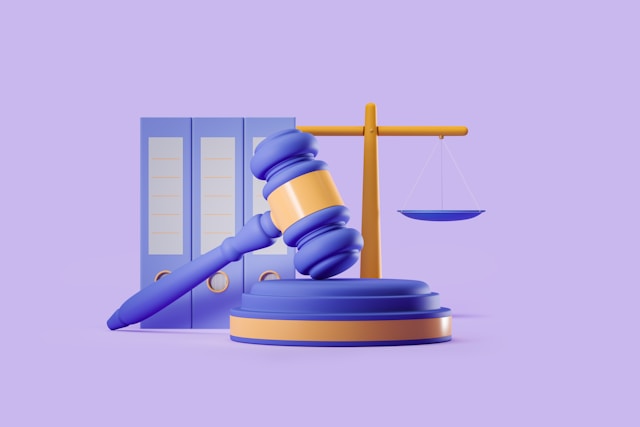Every 12 months of a lease, Landlords are eligible to increase the current rent price of their tenanted property. This is great for landlords, however, does this mean that landlords should increase the price every time?
Whether your property is under rent control or not, landlords can choose to leave the rent as is. Increasing the rent is optional.
Understanding Ontario’s Rent Control Regulations
First, let’s identify if your rental property is under rent control or not. Rental properties built before November 15, 2018 are under rent control, which means that landlords have to follow the provincial government guidelines. For example, in Ontario, the 2024 guideline for properties under rent control is 2.5%, which means that landlords cannot increase the rent past this amount.
Properties that were built after November 15, 2018 are exempt from rent control, giving landlords the flexibility on the amount the rent can be increased to each every 12 months.
Controlling the Rent: To Increase or Leave the Rent As Is—What Should You Do?
Ultimately, it is the landlord’s sole decision whether or not to increase the rent. As a Property Management company, we have witnessed many times landlords opting out on increasing the rent on their tenants for various reasons.
Here are some reasons why landlords decide on keeping the rent price as is:
Market Value
Especially in the first and second year, the current rent value of a property can be the same price as what the landlord is currently receiving. It is possible for the rental market to also crash/slow down decreasing the rent value. Keeping the rent price as is due to the market value remaining stable or declining is fair and reasonable.
Property Condition
Before renting out a property to new tenants or increasing the rent, it’s crucial to ensure the property is in excellent condition. Property conditioning includes maintaining high standards for repairs, regular and general inspections, and addressing any maintenance needs promptly. This not only enhances tenant satisfaction but also preserves the value of the property. As part of a rent control system, keeping property maintenance services efficient and proactive helps in avoiding potential issues down the road.
For older properties that are deteriorating, continuous repair problems can cause frustration for tenants. When ongoing repairs impact the tenant’s comfort, landlords may opt to keep rent prices stable to account for the inconveniences faced by tenants. Keeping the property in good condition not only improves tenant retention but also contributes to a balanced approach when considering rent adjustments.
Tenant Retention
Another common reason landlords choose not to increase rent is to retain long-term, reliable tenants. Good tenants who pay on time, take care of the property, and maintain a respectful relationship with the landlords can be hard to replace. By keeping the rent stable, landlords may encourage these tenants to stay longer, reducing tenant turnover and increasing the retention rate and vacancy costs. This stability often outweighs the benefits of a small rent increase, as the expenses and effort associated with finding new tenants can be greater than the potential gains.
Here are some reasons why landlords should increase the rent:
Market Conditions
Determining the current market rent value for your property type and location is key when deciding whether or not to apply a rent increase. If the local rent value for your property type has risen and your rent is priced below the market, you may have some room to increase the rent to the appropriate and fair market value.
Rising Costs
Owning a property is an enormous financial investment. Common reasons to consider a rent increase is to keep up with the inflation and increasing operating expenses. Landlords should consider and examine their yearly property taxes, utilities and maintenance costs. If the rent amount is not keeping up with these expenses, landlords should consider increasing the rent to help alleviate these financial pressures.
Long-Term Tenancy
For landlords with long-term tenants who have not had a rent increase in several years, the current rent is likely below market value. In such situations, it is reasonable to consider adjusting the rent to reflect current market rates, especially if the property is not subject to rent control. However, for properties that are under rent control, landlords must comply with provincial regulations governing rent increases. This applies to both long-term and short-term rentals, where understanding and adhering to local guidelines is essential for maintaining a fair rental relationship.
If a landlord does decide to increase the rent for whatever reason, it’s important to consider the benefits along with the potential disadvantages this may cause. The increased price should require a thoughtful approach.
By understanding the regulations, evaluating the market and operating expenses, and maintaining open communication with tenants, landlords can make informed decisions about rent increases. Additionally, implementing property rent collection services can streamline the process and ensure timely payments. This approach ultimately benefits both landlords and tenants in the long run.





